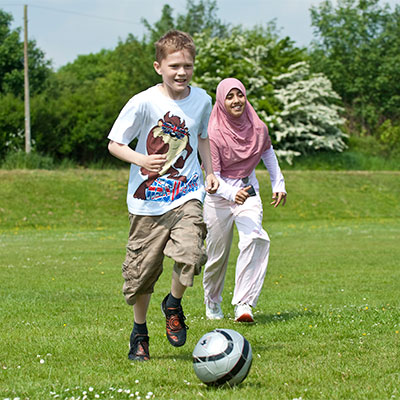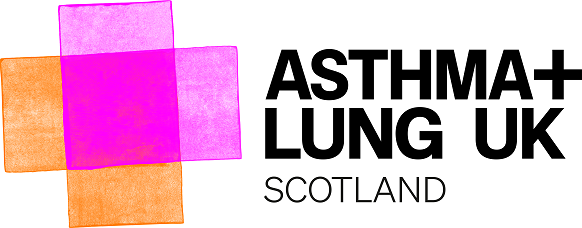
© Crown copyright 2010
- As they become teenagers they will be looking for control in their lives.
- Some may use asthma as a tool to gain control.
- Some may be in denial that they have asthma.
- Most don’t like to be different from other teenagers.
- Some teenagers forget or refuse to take regular inhalers for reasons above. This is often a cause of much upset and worry at home.
- This needs careful discussion and negotiation with your child to help them understand the consequences of their actions if they don’t take their inhalers. The healthcare team can help with this if you are not sure how to discuss it.
- Educating your child about asthma is very important at this stage.
- Ironically a flare up can help them learn why they still need inhalers. Hopefully they won’t need to go through a flare up to learn the hard way or put their health at risk.
- It can be difficult for parents to step back and see their teenager lose control of their asthma, particularly if their asthma was bad when they were younger.
- The parents need as much support as the teenager and your healthcare team can help you.
- Your child may be thinking about possible future career and jobs. There are some jobs which are associated with occupational asthma (link to section on teenagers and career choices).
- At around this age they should be starting the process of transition from child to adult asthma services. This is a gradual process. They should be able to start a consultation with their asthma team on their own with their parents joining to discuss later in the consultation. This is an important step towards learning self management of their asthma.





